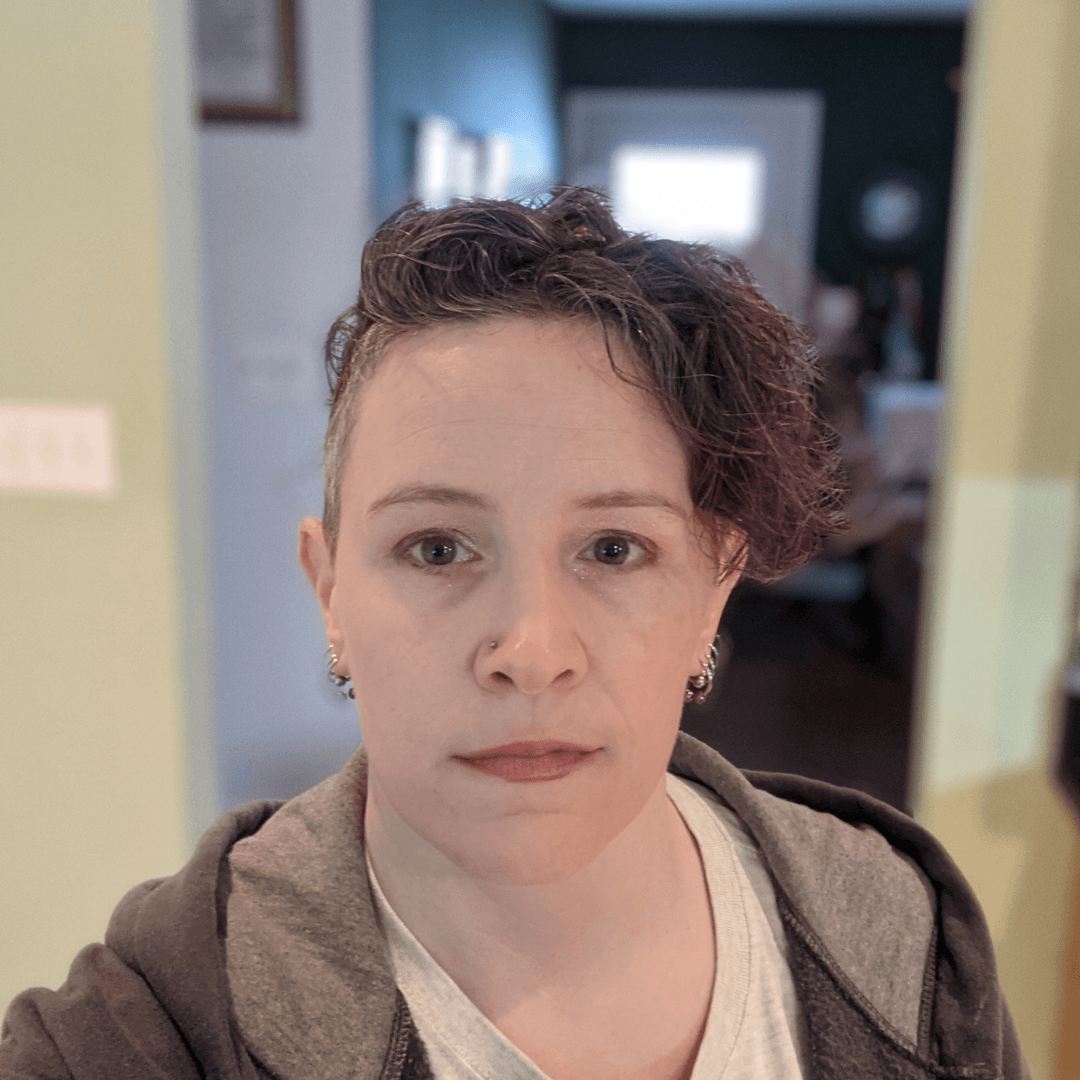You should consult with your healthcare provider for Raynaud’s under the following conditions:
-
Reduced quality of life: You should seek medical treatment for Raynaud’s if you experience severe or frequent attacks that affect your quality of life and/or ability to carry out daily tasks. Because Raynaud’s mostly affects the hands, severe attacks can make it difficult to type or grasp objects.
-
Tissue damage: It is also important to get medical treatment if sores or ulcers form after a Raynaud’s attack to avoid permanent scarring and damage.
-
Secondary Raynaud’s diagnosis: Getting treatment for the underlying conditions that trigger secondary Raynaud’s, such as an autoimmune disorder, is critical for managing symptoms and avoiding complications. Secondary Raynaud’s attacks can be more severe than primary Raynaud’s, increasing the likelihood of permanent tissue damage and scarring. In severe cases of secondary Raynaud’s, extended attacks can cause tissue death and potentially gangrene, a condition that occurs when tissue dies from a prolonged lack of blood supply. Gangrene is a potentially life-threatening condition which may require amputation of the affected part of the body.[1][2]


